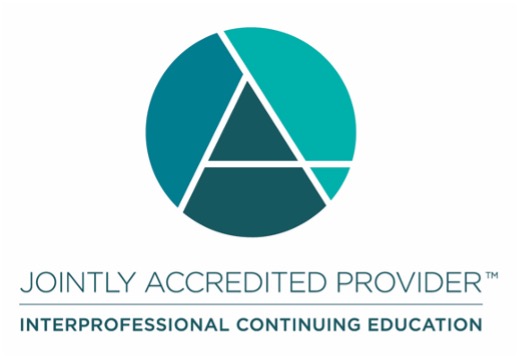Study Guide & Book: Infant and Pediatric Feedings Guidelines for Preparation of Human Milk and Formula in Health Care Facilities, Third Edition
This continuing education activity, Infant and Pediatric Feedings: Guidelines for Preparation of Human Milk and Formula in Health Care Facilities, Third Edition, consists of a book of the same title edited by Caroline Steele and Emily Collins and this Study Guide.
This activity is designed to help you identify key best practices for the safe and accurate handling of human milk and formula within the health care setting. The intended audience is the RDN, NDTR, or other clinicians responsible for the development and/or oversight of hospital infant/pediatric feeding operations. The emphasis of this Study Guide is regulatory compliance and best practices for the safe and accurate preparation and distribution of human milk and infant/pediatric formulas. It is also designed to help you earn 28 continuing education credits for dietetics (CDR CPEU).
Learning Objectives
After completing this activity, nutrition professionals will better be able to:
- Evaluate current human milk and formula handling procedures within your organization to ensure that processes are in alignment with best practices.
- Develop policies and procedures that outline specific processes for infant/pediatric feeding handling including staffing, sanitation, refrigeration, storage, preparation, and distribution.
- Implement best practices in the handling of infant and pediatric enteral feedings.
Additional Information
Robert Iafelice, MS, RD, LDN, is a freelance medical writer and member of the American Medical Writers Association. He has contributed several chapters to the 6th edition of Disease Prevention and Treatment, a medical reference book of evidence-based protocols to combat the diseases of aging. Among the protocols he authored, “Celiac Disease and Non-Celiac Gluten Sensitivity” is particularly relevant to this CPE program.
Robert received a Bachelor of Arts degree in Chemistry from Miami University in Oxford, Ohio, and a Master of Science degree in Nutrition Science from Case Western Reserve University in Cleveland, Ohio. Most of his experience as a practicing registered dietitian was in the field of integrative/functional medicine with a focus on food allergy. Robert provided medical nutrition therapy at an integrative allergy-immunology clinic in Chicago, where he specialized in conducting double-blind, placebo-controlled food challenges – the gold standard for food allergy diagnosis.
Robert’s diverse background also includes extensive experience in fitness/wellness as a gym owner, university nutrition instructor, health educator in the nutraceuticals industry, and oncology. His other writing interests include intermittent fasting, nutritional ketosis, and high-intensity interval training.
Disclosures:
Robert Iafelice, MS, RD, LDN, faculty for this activity, has no relevant financial relationship(s) with ineligible companies to disclose.
The planners for this educational activity have no relevant financial relationship(s) with ineligible companies to disclose.
An “ineligible company” includes any entity whose primary business is producing, marketing, selling, re-selling, or distributing healthcare products used by or on patients.

In support of improving patient care, Great Valley Publishing Company (publisher of Wolf Rinke Associates) is jointly accredited by the Accreditation Council for Continuing Medical Education (ACCME), the Accreditation Council for Pharmacy Education (ACPE), and the American Nurses Credentialing Center (ANCC), to provide continuing education for the healthcare team.
This activity will also award credit for dietetics (CDR CPEU).
RDs and DTRs are to select activity type 102 in their Activity Log. Sphere and Competency selection is at the learner’s discretion.
Available Credit
- 32.00 CDR
Price
This continuing education activity includes a hard copy of the associated book and the accompanying study guide.

 Facebook
Facebook X
X LinkedIn
LinkedIn Forward
Forward